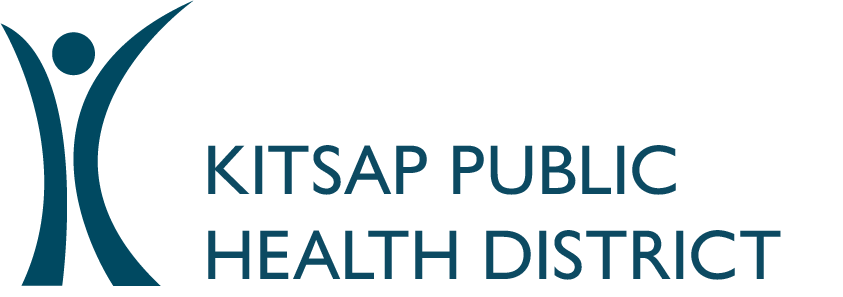
When we think of lead, we might think of lead paint and leaded gasoline. The U.S. banned lead paint in 1978 and got rid of leaded gasoline in the 1990’s - why should we be worried about lead today?
Over half of the homes built before 1978 still have lead paint and leaded pipes. In 2022, the United States brought in $3.2 trillion worth of goods from other countries. Some of these countries don’t monitor for lead, which causes toys, cosmetics, spices, and other products to be exposed to lead.
Lead is not a thing of the past. It’s still in our environment and it’s toxic to humans. If we swallow or breathe in lead, it can make us very sick and cause lead poisoning.
Children 6 years old and younger are especially at risk of getting lead poisoning. Even small amounts of lead can affect children’s brain development permanently. This can cause lower IQ, reduced attention span, and increased behavior issues. In extremely high levels, lead can cause seizures, loss of consciousness, and – in rare cases – death.
Getting your child screened for lead at 12 and 24 months old is important for their health. Most children do not show symptoms of lead poisoning right away. By getting screened, you can catch lead exposure early and fix any sources of lead in your home.
Who is most at risk from lead poisoning?
Young children are at risk because their bodies and brains are still developing and growing. Babies and toddlers are more likely to put their hands in their mouths or chew on toys or things they find around the house, increasing their chances of lead exposure.
Adults can be exposed to lead at work - especially in industrial jobs - which can cause high blood pressure and kidney problems. People who are pregnant and exposed to lead can pass it to their baby.
Screening and testing for lead
Lead testing at 12 and 24 months is required for children enrolled in Medicaid (Apple Health) and screening is recommended for all children.
It’s especially important to consider testing your child for lead if:
Your child lives in or frequently visits a home built before 1978
Frequently puts metal or painted toys or jewelry in their mouth
Lives with someone who is exposed to lead at work
Learn more about lead testing here.
Kitsap Public Health's Blood Lead Level Team
If your child's test shows they have high levels of lead in their body, your healthcare provider may connect you to our Blood Lead Level Team. Our team of public health nurses and environmental health specialists help families by providing health guidance and visiting homes to test for lead.
Questions about our Blood Lead Level Team? Call us at 360-728-2235.
Preventing lead exposure
You can help prevent lead exposure by:
Making sure your family washes their hands often
Washing children's hands, toys, bottles, and pacifiers often
If your home was built before 1978, making sure you do home projects safely
If you are exposed to lead at work:
Wearing separate work clothes and shoes
Washing your work clothes separately from the rest of your laundry
Checking the Consumer Product Safety Commission recall list
More resources
About Lead | DOH
Lead Poisoning | WHO
Learn About Lead | EPA
Product Recalls | CPSC


.png)
